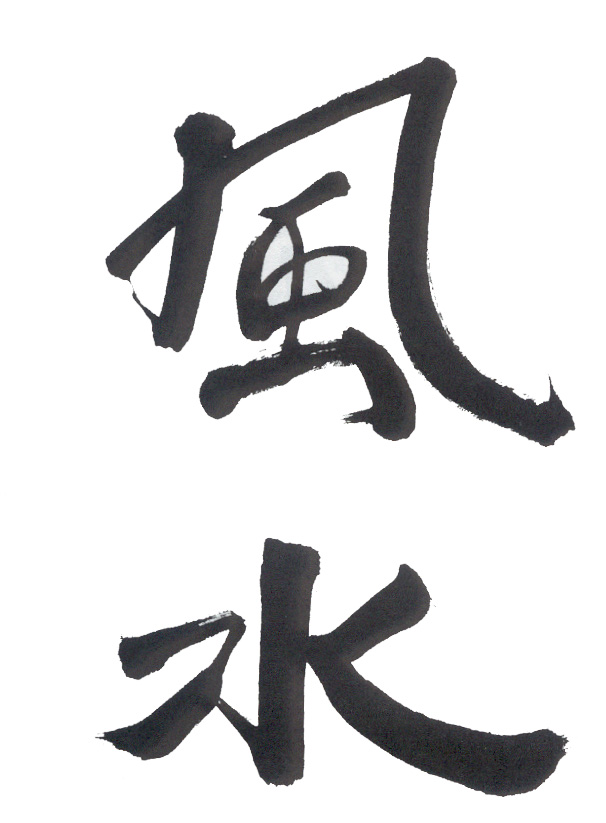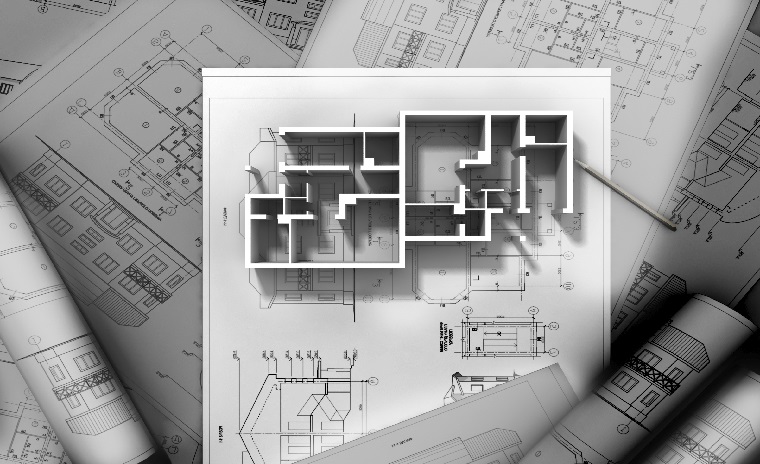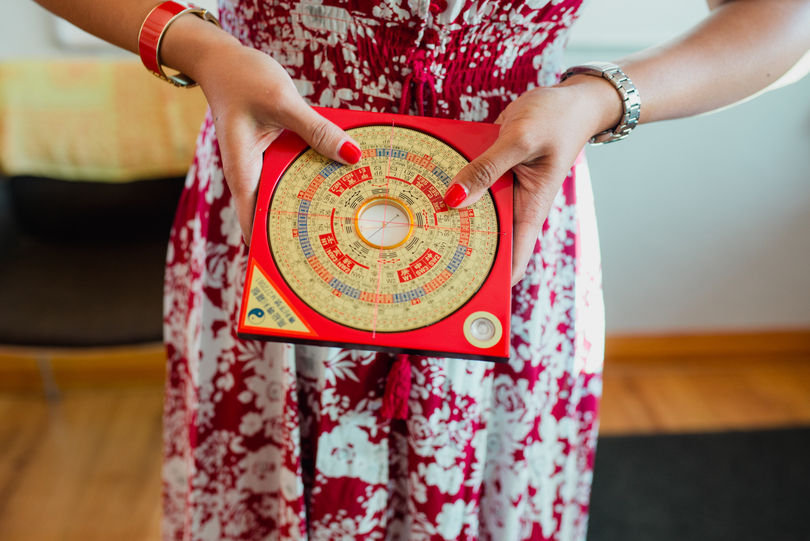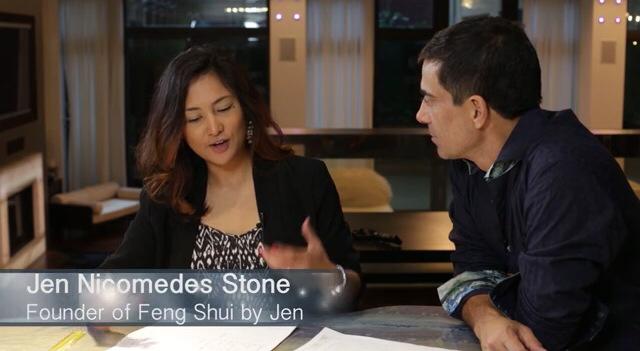Feng Shui for Homes and Businesses
Feng Shui is available to all types of properties: Primary or Secondary Home, Single-Family, Condominium, Rental Apartments, Investments, and Business Offices.
 In Classical Feng Shui, structures are often viewed as “containers of Qi.” The energy outside (external environment) as well as inside (internal forms) of a building can greatly influence the wellbeing of the residents. That’s why the authentic application of Feng Shui has nothing to do with odd décor or “new age” gimmicks. On the contrary, the power of Feng Shui lies in the subtlety of the abstract forces of the internal and external environment.
In Classical Feng Shui, structures are often viewed as “containers of Qi.” The energy outside (external environment) as well as inside (internal forms) of a building can greatly influence the wellbeing of the residents. That’s why the authentic application of Feng Shui has nothing to do with odd décor or “new age” gimmicks. On the contrary, the power of Feng Shui lies in the subtlety of the abstract forces of the internal and external environment.
When properly performed, Feng Shui can bring you balance, harmony, and prosperity. It eliminates all the guesswork of building and arranging your living space.
 What is Feng Shui?
What is Feng Shui?
Feng Shui (pronounced “fung-shway”) is a 6000-year-old wisdom from ancient China. The name literally translates to mean wind-water, and it is the study of Qi (energy) flow in the living environment and harnessing positive and benevolent energies to support and influence life. Although popularly misunderstood, traditional Feng Shui is anything but mythical or esoteric; rather, it is a discipline similar to Traditional Chinese Medicine that is derived from a set of knowledge including the theory of Yin and Yang, the principles of the Chinese Five Elements, and the concept of Qi (energy) — these are the very foundation of the science of Chinese Metaphysics.
What is the difference between Classical and Western Feng Shui?
Classical Feng Shui should not be confused with Western Feng Shui. Western Feng Shui is associated primarily with the application using the “Bagua Map” method for locating the “love corner” or the “wealth corner” of a home. The traditional approach does not use this simplified methodology; instead, it relies on the use of a Luo Pan (Feng Shui Compass) to understand the natal chart and directional energies of the home, systematically working from the outside-in. Classical Feng Shui essentially boils down to the study of four important factors: (i) the external environment, (ii) the internal property, (iii) the influence of time, and (iv) the people living inside the home. These factors provide for a more comprehensive, extensive, and accurate Feng Shui evaluation.
Also, unlike its western counterpart, Classical Feng Shui does not place an emphasis on obvious interior designs (i.e., painting your door red) or object placement (i.e., hanging crystals). This sophisticated system relies on the power of subtlety. Furthermore, Classical Feng Shui is a “macro” practice that first focuses on the external environment such as the natural landforms surrounding the property. Only then does the analysis move “inward” to focus on the internal floor plan using formulas and other models of calculations. Classical Feng Shui leaves no guesswork and can often provide very precise and in depth assessment that is tailored specifically to the individuals occupying the home.

Benefits of Integrating Feng Shui In Your Life
- It can create harmony and promote healthy and prosperous energy to support various life aspects, including relationships, money, career, and health.
- It is beneficial for allocating different functions for different areas or rooms in the house according to the suitable Feng Shui energies.
- It is useful in selecting a building (office or home) tailored to fit you and your family.
- It gives you an understanding of how your home is influencing you and various life aspects.
- It can be used to “zoom in” and explain troublesome areas in life that demand your immediate attention.
- It can be used as a guide to help design the interior floor plan and structure of your home, including picking auspicious dates for major renovations and construction, opening a “prosperous door,” and customizing your home buying experience.
- It can be used as a guide for choosing appropriate color tones, decorative or “cure” objects for the interior aesthetics of the home.
Benefits of Integrating Feng Shui In Your Work
- It can create harmony and promote healthy and prosperous energy to support your business and marketing goals.
- It is beneficial for allocating different functions for different key areas in the office space according to the suitable Feng Shui energies.
- It is useful in selecting a building tailored to fit you and your team.
- It gives you an understanding of how your place of business is influencing you, your colleagues, staff, business partners, and customers.
- It can be used to “zoom in” and explain troublesome areas that demand your immediate attention (i.e., employee turnover, lack of business opportunities, money outflow, etc.).
- It can be used as a guide to help design the interior floor plan and structure of your space, including picking auspicious dates for major renovations and construction, opening a “prosperous door,” and customizing your office space.
- It can be used as a guide for choosing appropriate color tones, decorative or “cure” objects for the interior aesthetics of the place.
What to Expect During a Feng Shui Audit:

During the visit, Jen will evaluate your space by touring the physical site, identifying the strengths and challenges of your property, and assessing where and how to improve the optimal flow of positive energy in your space with consideration for: (1) the environment, (2) the shape and facing direction of the property, (3) the time factor, and (4) the residents. Client must provide an accurate architectural blue print or drawn-to-scale floor plan of the property and age of building prior to the onsite visit. Depending on the size of the property, a physical tour will take approximately 1-2 hours. Preliminary verbal feedback will be provided onsite. Written report to be provided electronically within 48 hours of the scheduled onsite visit.
 Typical Classical Feng Shui Assessment:
Typical Classical Feng Shui Assessment:
- Perform an electromagnetic reading with a Feng Shui Compass (Luo Pan) to determine the property’s Facing and Sitting Directions.
- Analyze the floor plan (interior and exterior features) and natal energy map of the property to determine positive and negative energies in different locations or areas of the home.
- Flying Star Feng Shui Assessment to include:
- – Current year analysis and general forecasting for upcoming year affliction.
– Recommendation on how to activate or “enhance” favorable Flying Stars.
– Recommendation on how to dissolve or “cure” unfavorable Flying Stars.
– Calculate Gua Numbers to identify suitable location for bedrooms. - Provide a basic BaZi chart analysis for 1-2 residents (additional fees may apply).
- – Identification of suitable key room locations such as home office and bedrooms.
- Drawing of Flying Star chart to map out auspicious sectors related to Career, Money, Relationships, Health, and Wealth.
- For property construction and/or renovations, perform traditional Feng Shui “Water Formulas” to determine the best position of “water features” such as physical bodies of water (pools, ponds, waterfalls), residential traffic flow, prosperous building facing direction, main road leading up to the entrance, etc.
- For property construction and/or renovations, perform Great Sun Formula to determine auspicious dates and locations to begin construction work. Floor plan analysis and design will also be included.
- Detailed written report with reference materials, observations and recommendations, and floor plan analysis with Flying Star chart.

What Feng Shui is NOT!
- It should not be viewed as a kind of “magic” that will fix all life challenges.
- It is not affiliated with any religious or superstitious belief systems.
- It is not a one-time event.
- It is not a product-based system.
Fees: Rates are calculated based on Jen’s hourly rate and the number of hours required to complete the project, and subject to the size and complexity of the property. Please inquire to get a free quote.
Note: Remote consultations are available on a case-by-case basis. Additional fees may apply for travels outside of the Phoenix-metro area.
For more information on pricing and how Feng Shui by Jen™ can support you, please contact us.
